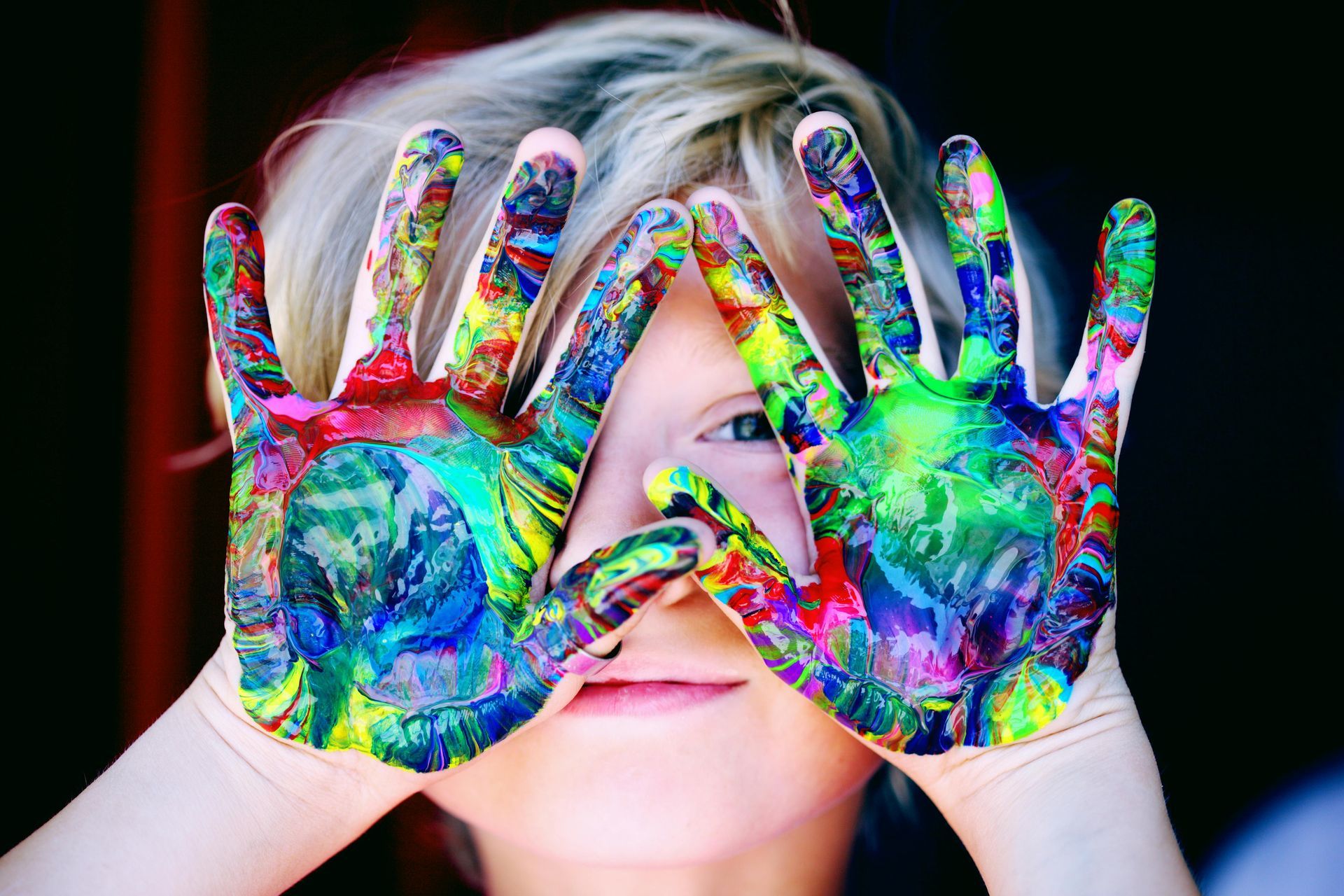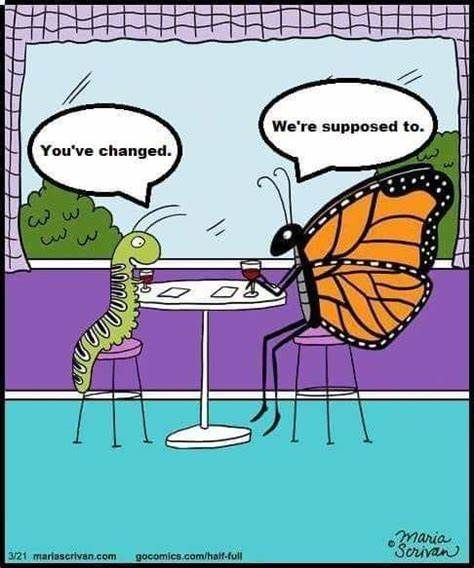KEEPING UP TO sPAED
Reparenting oneself
"Reparenting is the practice of giving yourself what the younger version
of yourself didn't receive."
Erica Diamond

You may recall your childhood (including adolescence) as a “simpler time”—one where the toughest things included learning long division, making new friends and keeping your room tidy. “Right” from “wrong” was clear, and punishment was a simple consequence of stepping out of line. You may also be familiar with the saying, “children are meant to be seen and not heard”, which meant being perceived as perfect little angels who reflected how virtuous our parents were. Fear and shame were tools used to galvanise or build character. Feelings of anger, sadness or disappointment (to name a few), had no safe place to be expressed or communally understood. Often, we mimicked the adults around us by burying difficult emotions like these in the desperate hope that they would just go away. Of course they didn’t go away; they hibernated at best, and rather stubbornly rooted themselves deeply in us. Now as adults we wrestle to “contain” our emotions by subordinating them to logic and, when that proves to be only a temporary fix, we may feel as though we’re riding an emotional rollercoaster that we can’t seem to control. Suddenly childhood—and its longer-term impact on us—doesn't seem so simple. If you coul
You may recall your childhood (including adolescence) as a “simpler time”—one where the toughest things included learning long division, making new friends and keeping your room tidy. “Right” from “wrong” was clear, and punishment was a simple consequence of stepping out of line. You may also be familiar with the saying, “children are meant to be seen and not heard”, which meant being perceived as perfect little angels who reflected how virtuous our parents were. Fear and shame were tools used to galvanise or build character. Feelings of anger, sadness or disappointment (to name a few), had no safe place to be expressed or communally understood. Often, we mimicked the adults around us by burying difficult emotions like these in the desperate hope that they would just go away. Of course they didn’t go away; they hibernated at best, and rather stubbornly rooted themselves deeply in us. Now as adults we wrestle to “contain” our emotions by subordinating them to logic and, when that proves to be only a temporary fix, we may feel as though we’re riding an emotional rollercoaster that we can’t seem to control. Suddenly childhood—and its longer-term impact on us—doesn't seem so simple.
If you could travel back in time to your younger self, what would you say to him/her/them? Perhaps that it’s okay to miss the mark and keep trying, or that it’s fair to ask for help and expect support when you feel lost/stuck or remind yourself how unique and resilient you are. We owe it to our inner-child—and, crucially, to any children we now parent—to look inward and heal any “ouchies” that hold us back.
Maybe then we can do what often sounds like meaningless platitudes: “ask questions”, “be kind” to ourselves, “careless what people think”, “do it” trembling if we must, but do it, and “be proud” of who we are. This is the journey of consciousness that breaks generations of shame and pain, and births generations of children who are grounded, thoughtful and present for their own lives.
Myth busting
- Our brains are fully developed by our mid 20s, but studies show that our brains can still make new connections and build new pathways (“neuroplasticity”). This means it’s never too late to change.
- Healing is possible with an understanding of how and why we behave the way we do. We can identify patterns of behaviour and, where helpful to ourselves and/or others, break the cycle.
- The journey of consciousness and self-betterment does not have a finite destination; it is the joyful work of a lifetime😊.



